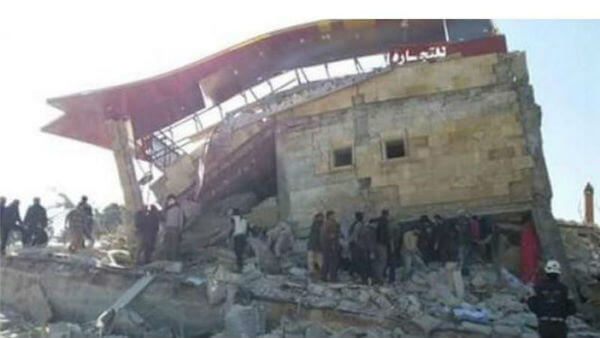Massoumeh Torfeh writes: Iran’s parliamentary elections this year included the highest number ever of women candidates from the combined reformist-moderate camp. Supporters of President Hassan Rouhani joined forces with the reformists presenting a combined list of 30 candidates for Tehran, eight – less than one-third – of which are women.
More or less, the same pattern was seen across the country. Photos of women candidates were branded around on campaign posters and the reformist media hailed this as a major success.
Despite persistent attempts by women to find a voice in the politics of the Islamic Republic, their presence has been minimal and, for the most part, cosmetic. It is now almost the norm that at important historical junctures, the male-dominated conservative establishment calls upon women to perform their “Islamic duty” and participate in elections. Once the elections are over, however, women’s demands are forgotten.
The encouragement to participate in this year’s elections came first from the spiritual leader Ayatollah Ali Khamenei. [Continue reading…]
Iran ahead on the hejab front: Newly-elected female MP already speaking in terms of a future Iran where women not forced to wear it.
— Tehran Bureau (@TehranBureau) February 28, 2016


